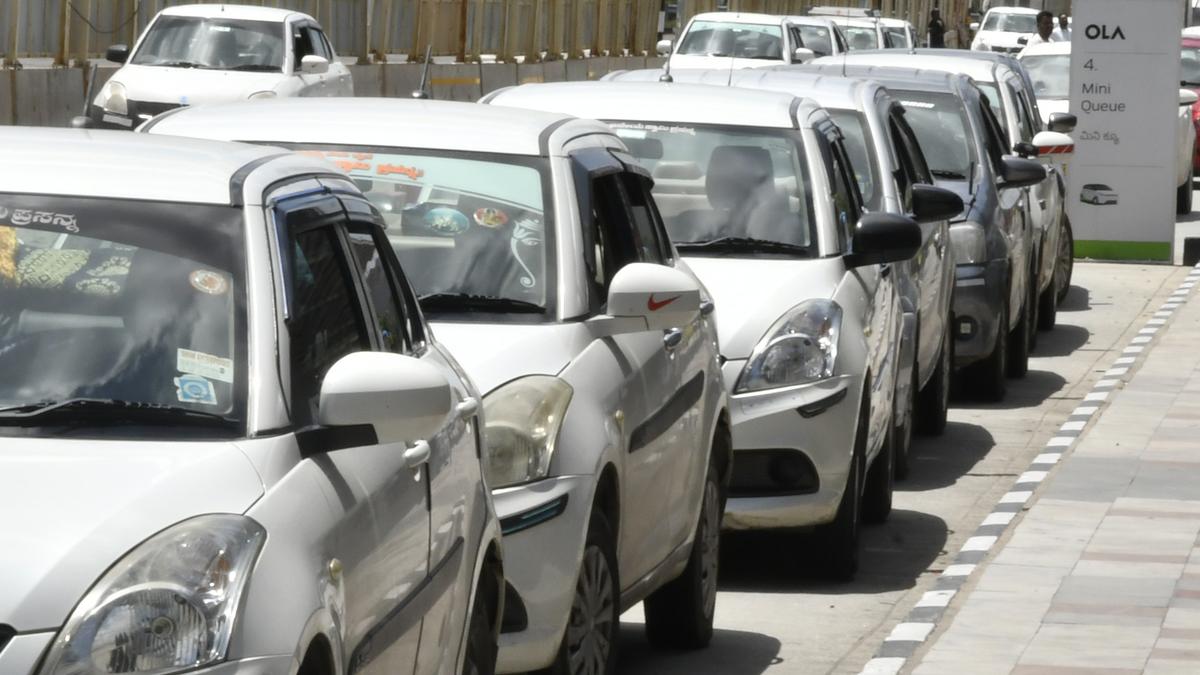
Karnataka High Court stays verdict that Ola has to act against drivers under PoSH Act treating them as employees of the company
The Hindu
A single judge had directed OLA to pay a compensation of ₹5 lakh and litigation expenses of ₹50,000 to the woman, whose complaint of sexual harassment was not dealt under provisions of the Sexual Harassment of Woman at Workplace (Prevention, Prohibition and Redressal) Act, 2013 (commonly known as PoSH Act) as the Internal Complaints Committee (ICC) of the company declined to act under its provisions, claiming that drivers are not ‘employees’ of OLA.
A division bench of the High Court of Karnataka stayed a judgment passed by a single judge, who had held that the relationship between ANI Technologies Private Limited (a company which operates taxi aggregator and other services under the brand name OLA) and its drivers is that of employee-employer, and hence the company has to act under the law enacted to protect women from sexual harassment at workplaces when complaints of sexual harassment are received against its drivers.
The vacation bench comprising Justice S.R. Krishna Kumar and Justice M.G. Uma passed the interim order on a writ appeal filed by the company, which had questioned the single judge’s September 30 verdict.
The single judge had passed the order on a petition filed by a woman, who was a victim of sexual harassment by a man, who impersonated a driver attached to the OLA platform, while travelling to her workplace in August 2018.
Appearing for the company, Senior Advocate Dhyan Chinnappa contented that finding of employee-employer relationship between the drivers and the company by the single judge was erroneous as it is the drivers who use the OLA platform by registering themselves to offer cab service. OLA does not employ them in any manner, he said.
The single judge had directed OLA to pay a compensation of ₹5 lakh and litigation expenses of ₹50,000 to the woman, whose complaint of sexual harassment was not dealt under provisions of the Sexual Harassment of Woman at Workplace (Prevention, Prohibition and Redressal) Act, 2013 (commonly known as PoSH Act) as the Internal Complaints Committee (ICC) of the company declined to act under its provisions, claiming that drivers are not ‘employees’ of OLA.











